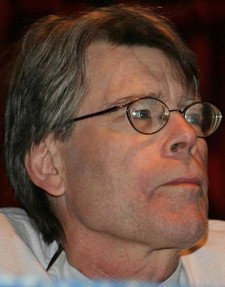 Stephen King is another phenomenally successful author, who has shifted over 350 million books. He's got quite a way to go before he reaches, Christie, but he's not doing too badly.
Stephen King is another phenomenally successful author, who has shifted over 350 million books. He's got quite a way to go before he reaches, Christie, but he's not doing too badly.
As well as keeping his readers on the edge of their seats with his contemporary horrors King also penned a veritable bible for wannabe popular fiction authors in his memoir, On Writing. In it, he provides many pearls of wisdom, including these:
1. Get to the point
King believes that authors can get too wrapped up in poetic descriptions and unnecessary phrases. His advice is to get to the point as quickly as possible.
2. Sit on your first draft for a while
Not literally, of course; but in On Writing, Stephen King advises placing your first draft in a drawer and not touching it for a while. How long a while? Well, he sometimes leaves manuscripts for several months before tackling the editing process. Coming back to the piece with fresh eyes can certainly prove helpful.
3. Be brutal when it comes to cutting out unnecessary text
This piece of advice goes hand-in-hand with No.1 and boils down to King's opinion that you should never waste a reader's time. You might love a particular sentence, but if it ain't absolutely necessary, then it's gotta go.
4. Don't worry about what others might think
This is really just good advice for life, rather than a useful tip for writing. Stephen King states that taking too notice of critics can be paralysing. Of course, if you want to be a mainstream author, what people think of your work matters, but you can't let any opinion prevent you from writing.
5. Read...a lot!
Reading, almost anything, is a great way to pick things up - an event in the newspaper may give you inspiration or you might subconsciously be picking something up about structure while reading the latest James Patterson.


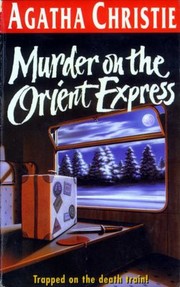 As Christie is the best-selling novelist of all time, she seems like a good author to start with. Having sold over 4 billion, yes that's billion with a 'b', novels worldwide, it's thought that her work ranks third (coming behind the Bible and Shakespeare's complete works) in the highest selling of all time.
As Christie is the best-selling novelist of all time, she seems like a good author to start with. Having sold over 4 billion, yes that's billion with a 'b', novels worldwide, it's thought that her work ranks third (coming behind the Bible and Shakespeare's complete works) in the highest selling of all time.


 Stephen King is another phenomenally successful author, who has shifted over 350 million books. He's got quite a way to go before he reaches, Christie, but he's not doing too badly.
Stephen King is another phenomenally successful author, who has shifted over 350 million books. He's got quite a way to go before he reaches, Christie, but he's not doing too badly.
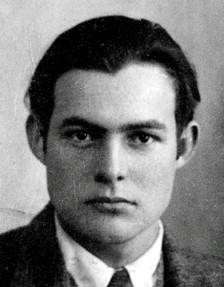 Incredibly influential to 20th century fiction, Ernest Hemingway wrote ten novels: seven published during his life and three printed posthumously.
Incredibly influential to 20th century fiction, Ernest Hemingway wrote ten novels: seven published during his life and three printed posthumously.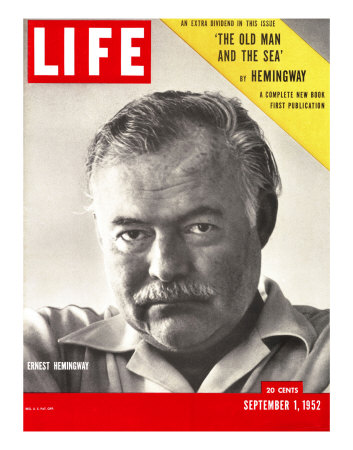
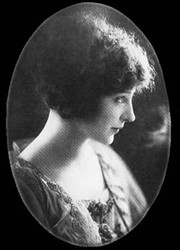 Move over E. L. James,
Move over E. L. James,

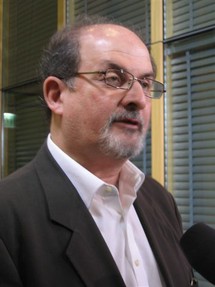 And for those of you with tastes that are slightly less conventional, how about Salman Rushdie? In his memoir, Joseph Anton, Rushide gives these useful tips on writing:
And for those of you with tastes that are slightly less conventional, how about Salman Rushdie? In his memoir, Joseph Anton, Rushide gives these useful tips on writing:

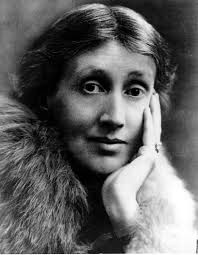 And last but not least, another famous author and diarist: Virginia Woolf is perhaps best known for Mrs. Dalloway and
And last but not least, another famous author and diarist: Virginia Woolf is perhaps best known for Mrs. Dalloway and 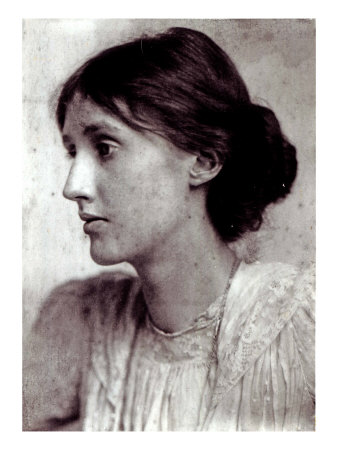







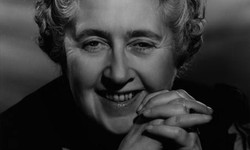

 How to Avoid College Debton 07/31/2014
How to Avoid College Debton 07/31/2014
 Was Charlotte Bronte Jealous of her Sister Anne?on 07/15/2014
Was Charlotte Bronte Jealous of her Sister Anne?on 07/15/2014
 Whose Side is Cancer Research UK on?on 07/06/2014
Whose Side is Cancer Research UK on?on 07/06/2014
 A Plot Summary of Electra by Sophocleson 07/05/2014
A Plot Summary of Electra by Sophocleson 07/05/2014



Comments
Love these tips from famous authors. I especially like Hemingway's point that you describe the action that produces the emotion, so the reader experiences that emotion, rather then telling them all about the emotion. And Virginia Woolf does write poetry - it's very different from Hemingway, but also excellent. Love her image of fiction as a spider's web constructing it's own world but still connected to reality.
Great article and very helpful advice and tips from some of the best writers in the world.
Great tips. I love On Writing by Stephen King. And Hemingway's tip to stop when you're half way through a good (exciting) spot, makes a lot of sense.
Hello, Mira! Thanks very much. I'm glad you enjoyed this and my other articles on creative writing.
I love your series on writing. Really enjoyed this article :) Thank you for taking the time to help and inspire writers with advice from great writers out there!
Hello Lykurgus, thanks for your wonderful comment. I think you've just about summed it up - learn the rules; and then learn how to break them. Every writer has to find his or her own 'way'. It's always interesting (even if it's not helpful to your own style), to learn how other writers approach their work.
I'm very glad that you found the article interesting, and thanks again for taking the time to comment.
Thank you for your great post. Your inclusion of Virginia's Woolf's apparent contrarian view that "the best prose is that which is most full of poetry" highlights one stone all new writers must navigate around: Which advice does one follow? It's all fine and well to say "follow your heart." Having "no rules" also sounds lovely. In King's book, "On Writing", he encourages new writers, once they've discovered a great idea, to basically just sit down and write it. And so I embrace one strong suggestion - can I say "principle"?, for there are "no rules" - to "read... a lot."
Absorbing vast quantities of guidance allows for a more holistic picture to emerge for the novice writer (for anyone, actually). For I have found - yes, I am a "novice writer"- that it is the nuance and context of great counsel which eludes me. In the same way that "the early bird catches the worm", and "patience is a virtue" are both true - depending on the situation. Writing - great writing (let's not get started on what "great" means.) involves both "structure" - which points to planning, and the want/need to be "free" from artificial constraints; the writer must allow his/her muse to soar forth from within and help weave magic. Studying the masters, their paths,personalities, and works, while slowly working on my craft is the most effective and sane way I've found to stay the course. Best of luck to everyone
Hey, Elias. Thanks for your kind comment. I can't tell you how important I feel reading is if you want to be a writer. It's incredibly the amount you can absorb; things you don't even realize you're soaking up. You can never read too much.
Wonderful post! I would certainly go for Stephen King's advice: "read a lot!" I think that nowadays we kind of forget to do this preoccupied as we are with our writing efforts! :)
Hey, Jo. I agree, characters can take on lives of their own. As for getting to the point - it's contentious. Virginia Woolf certainly was not one for getting to the point, so I think it all depends on what style you're writing in. Glad you found it interesting!
Hello, Tolovaj. 'Crooked House' is not one I've read, so thanks for bringing it to my attention. Thanks also for adding to the "getting to the point" conversation. I agree, Stephen King certainly excels where short stories are concerned or, indeed, with novels, like 'The Green Mile' that either were published episodically or can simply be read that way.